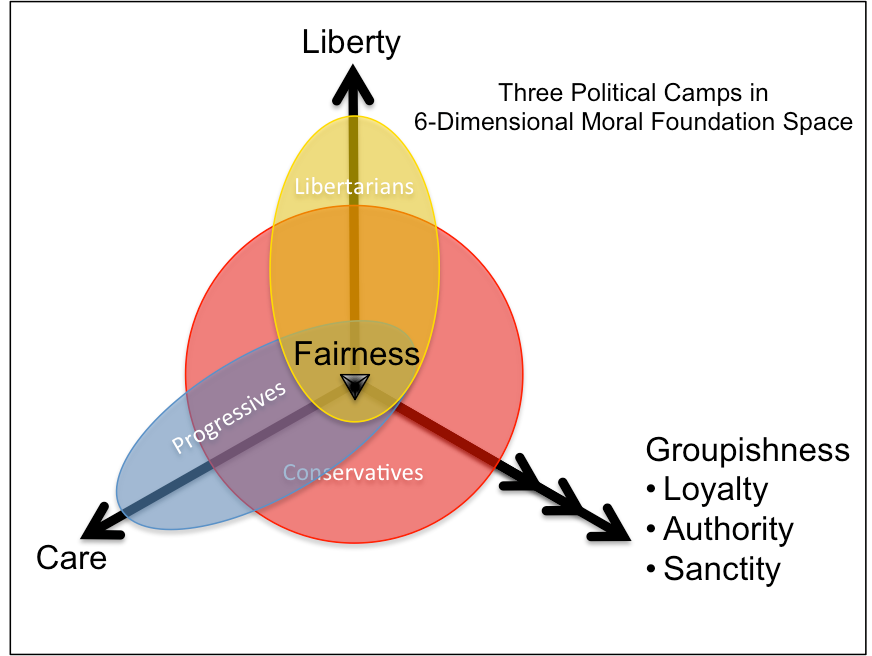From Civic to Liberal Republicanism: John Locke and the Dutch
This is the 4th part in my series whereby I roughly follow Jerry Muller’s Thinking About Capitalism, in order to bring socio-economic and intellectual history to Jonathan Haidt’s political taxonomy. Here is the political spectrum that I have been working with:
Last post I discussed how Machiavelli, Hobbes and various religious thinkers contributed to the transvaluation of Civic Republican virtue into the modern “virtue” of self-interest. This post will discuss the ways in which the 17th Century Dutch experience in general and – even though Muller strangely ignores him – John Locke in particular transformed the aristocratic Civic Republicanism into the middle-class Liberal Republicanism that would later form the very heart of the American constitution. (more…)




